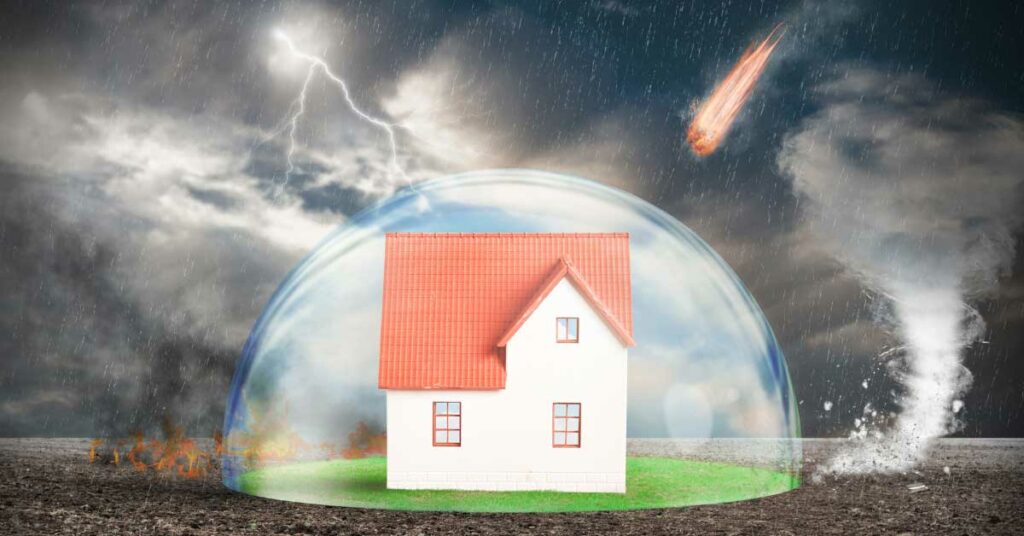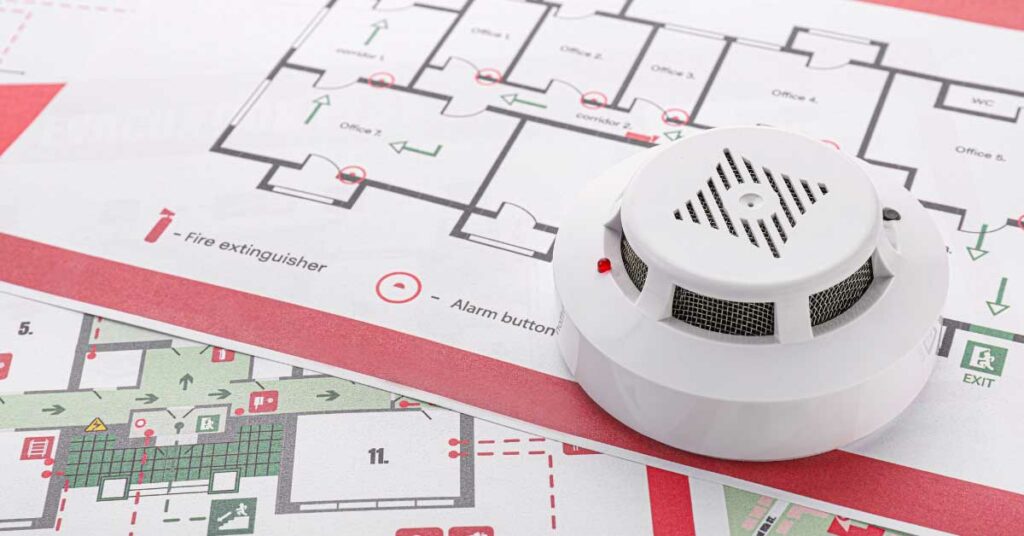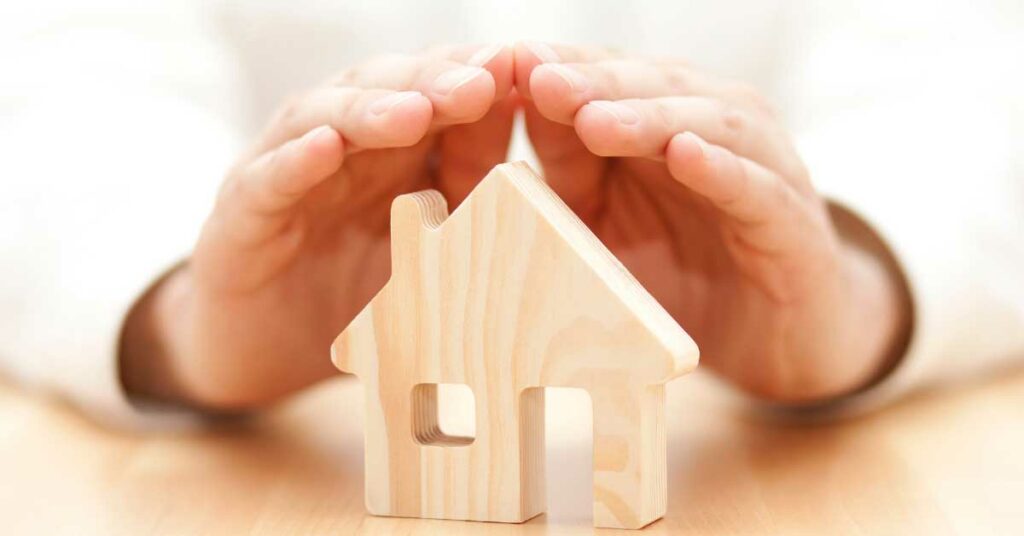Mitigating the Impact of Natural Disasters: Emergency Preparedness for MHC Property Managers
Managing a manufactured home community (MHC) involves more than just regular maintenance and tenant communication; it also requires planning for unexpected events.
Natural disasters, in particular, can have a significant impact on MHCs.
Preparing for these events and their potential aftermath is crucial to ensure the safety of residents and minimize property damage.
In this post, we’ll explore strategies MHC property managers can employ to mitigate the impact of natural disasters.

Understanding Risks
The first step in emergency preparedness is understanding the specific risks associated with your geographic location. Different regions are prone to different types of natural disasters, whether hurricanes, wildfires, earthquakes, or tornadoes.
Conduct a thorough risk assessment to identify the most likely scenarios your MHC may face.
Creating an Emergency Preparedness Plan
An effective emergency preparedness plan should cover a range of elements:
Evacuation Procedures: Outline clear procedures for safely evacuating the community, if necessary. This includes identifying evacuation routes, setting up a communication plan to alert residents promptly, and planning for residents who might require additional assistance.
Shelter in Place Procedures: Some situations might require residents to stay put until it’s safe. Ensure your community has the resources and knowledge to effectively shelter in place if needed.
Emergency Contacts and Services: Provide residents with a list of important contacts, including local emergency services, utilities, and local disaster relief organizations.
Disaster Supply Kit: Encourage residents to have a disaster supply kit ready with essentials like water, nonperishable food, medication, important documents, and a battery-powered or hand-crank radio.

Training and Education
The best emergency plan won’t be effective if residents don’t understand it.
Hold regular meetings to inform new residents about the plan and remind long-term residents of procedures. Consider conducting drills to allow residents to practice what to do in an emergency.
Establishing Communication Channels
In an emergency, regular communication methods might be disrupted.
Plan for backup communication channels, such as twoway radios or satellite phones. Also, consider establishing a system for checking in with residents after a disaster to ensure everyone’s safety.

Infrastructure and Maintenance
Proper maintenance can help protect MHCs from significant damage.
This might involve trimming trees near homes, securing outdoor furniture, maintaining storm drains, or reinforcing homes and community buildings.
Insurance
Ensure the community and individual homes have adequate insurance coverage for different types of natural disasters.
Work with insurance professionals to understand what is and isn’t covered under your policies, and communicate this information to your residents.
Recovery Plan
A disaster recovery plan is an extension of your emergency preparedness plan.
This involves procedures for assessing damage, initiating cleanup, communicating with residents and local authorities, and starting repairs.
Having a recovery plan can help you return to normal operations as quickly and efficiently as possible.

Partnering with Local Authorities and Organizations
Local emergency management agencies, Red Cross, and other organizations often offer resources and training for emergency preparedness.
Partnering with these entities can provide valuable resources for your MHC.

Final Thoughts
While preventing natural disasters is impossible, MHC property managers can play a crucial role in minimizing their impact by implementing thorough emergency preparedness plans.
By understanding your risks, communicating effectively with residents, maintaining your community effectively, and establishing robust emergency and recovery plans, you can ensure that your manufactured home community is as prepared as possible for whatever comes its way.
About the Author
Anequim specializes in connecting Property Managers with highly skilled, bilingual virtual assistants.
From leasing calls to property maintenance coordination and accounting, Anequim’s comprehensive services are crafted to meet the unique demands of the MHC industry.
Anequim handles recruitment, learning and development, performance management, and more, ensuring a seamless integration of virtual support tailored to your property management needs.
Are you looking to enhance your property management services with a dedicated team of Remote Professionals? Visit Anequim today and discover how they can drive success for your community.
